Eat in harmony with the seasons - Unlocking the health secrets hidden in the lunisolar terms.
“Spring rain startles spring, and the clear valley greets the day; summer is full of grain, and the heat of summer is unbroken; in autumn, dew appears and the cold frost descends; in winter, snow blankets, and the smallest cold becomes great.” This catchy lunisolar term song is a practical guide left by our ancestors. It conceals the marvellous codes of diet and wellness, acting like a key to open the door to health in every season.
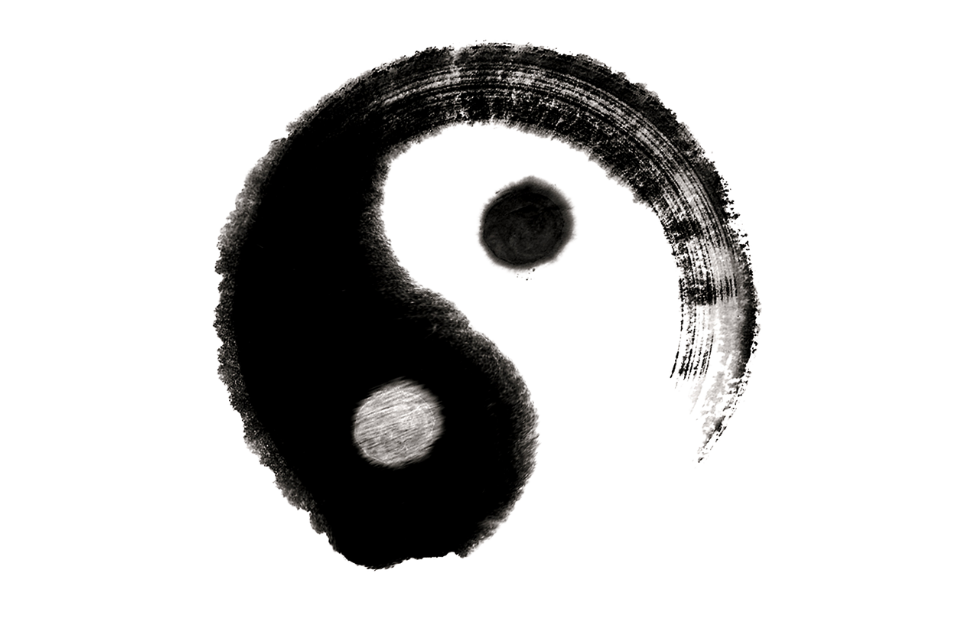 However, for many Chinese living in Europe, where traditional chives can be hard to come by, there is a growing trend: they are turning to l'ail des ours, or wild garlic, as a delightful substitute. Its pungent, garlicky flavor not only mimics the sharpness of chives but also offers its own unique twist to these beloved spring taste. Chinese Medicine teaches that spring is associated with wood and the liver, and eating more chives can “charge” the liver, helping its energy to rise. But still the weather after Lichun is as changeable as a child’s face, so “spring keeping” is crucial do not hastily put away your thick clothes, or else that mischievous cold will sneak in and leave you sneezing uncontrollably.
However, for many Chinese living in Europe, where traditional chives can be hard to come by, there is a growing trend: they are turning to l'ail des ours, or wild garlic, as a delightful substitute. Its pungent, garlicky flavor not only mimics the sharpness of chives but also offers its own unique twist to these beloved spring taste. Chinese Medicine teaches that spring is associated with wood and the liver, and eating more chives can “charge” the liver, helping its energy to rise. But still the weather after Lichun is as changeable as a child’s face, so “spring keeping” is crucial do not hastily put away your thick clothes, or else that mischievous cold will sneak in and leave you sneezing uncontrollably.
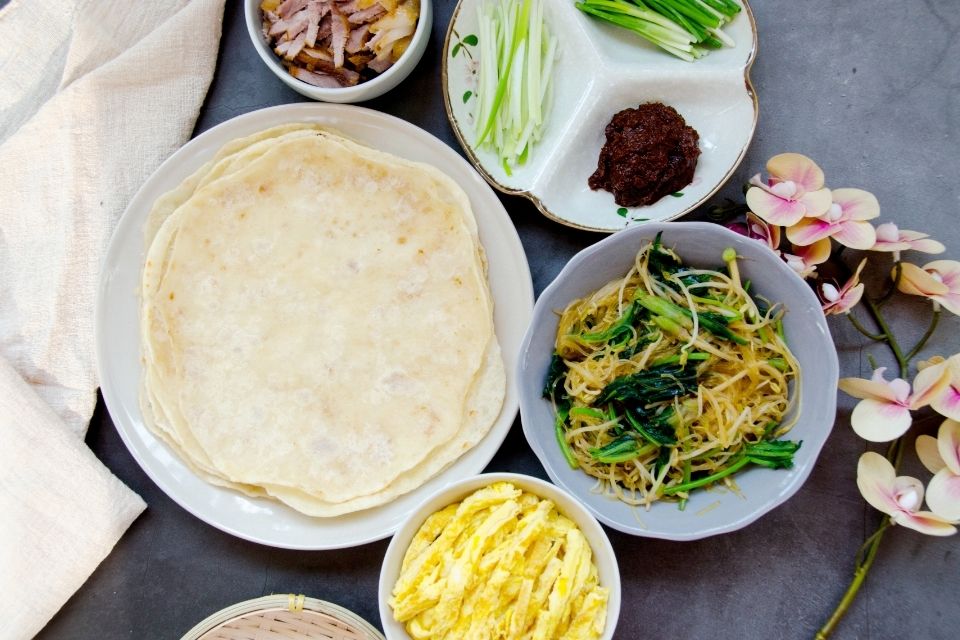
During Qingming (Pure Brightness), when rain falls in drizzles and temperatures rise with increased rainfall, it is the perfect time for spring plowing and sowing. In terms of food, qingtuan takes center stage. Made from mugwort juice mixed with glutinous rice flour and filled with bean paste or pork floss, mugwort not only adds a unique earthy flavor but also has the effects of expelling dampness, dispersing cold, regulating qi, and stopping bleeding. In this time of shifting warmth and increasing humidity, eating a few qingtuan not only lets you enjoy a delicacy exclusive to spring but also promotes health and well-being.
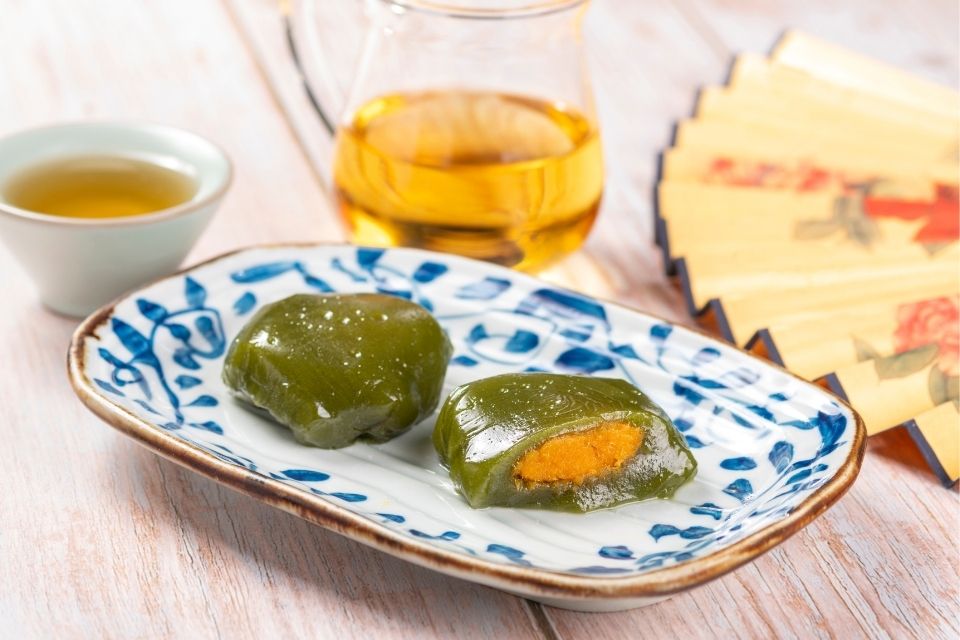
At Lixia (the Beginning of Summer), summer officially makes its debut. In the Jiangnan region, families gather to share a “Lixia meal” where peas, spring bamboo shoots, salted pork, and rice are cooked together to create an inviting aroma. Summer is hot and the body consumes more energy; TCM teaches “nourish the heart in summer.” In the Lixia meal, peas and bamboo shoots help clear heat and eliminate dampness, while salted pork replenishes salt, making it a great aid for summer health. There is also an old saying, “Eat radish in winter, eat ginger in summer, no doctor’s prescription needed.” During summer, people tend to stay in air-conditioned rooms and often consume cold drinks, causing internal chill; eating ginger warms the stomach, disperses cold, and promotes digestion, driving out any sneaky chill that might have slipped in.
In the days of Xiaoshu (Lesser Heat)and Dashu (Greater Heat), when the air is both steamy and simmering, a bowl of mung bean soup is the ultimate refreshment. Mung beans are naturally cooling and have the properties of clearing heat, detoxifying, and promoting water excretion, making them an essential summer health drink. When the mung bean soup is cooked until it’s grainy and allowed to cool, one sip can make the entire body’s heat vanish.
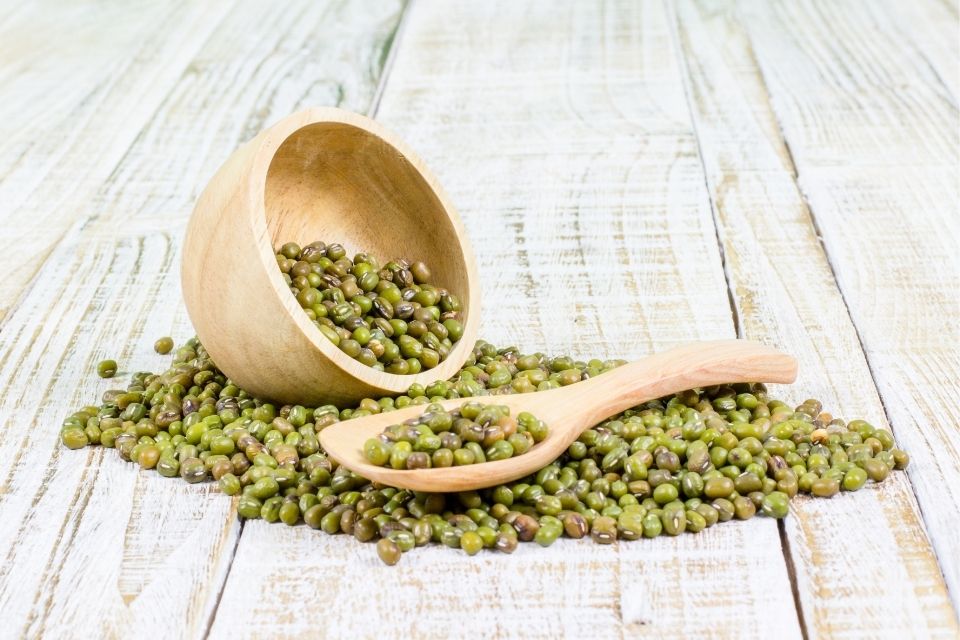 At Liqiu (the Beginning of Autumn), although the summer heat has not yet fully dissipated, a hint of coolness begins to appear. The custom of “adding autumn fat” starts to take hold—as the hardships of summer give way to a revived appetite, braised pork and braised fish soon appear on the table. However, TCM reminds us not to overindulge at this time. Duck meat is an excellent choice because of its cooling nature, which can nourish yin, strengthen the stomach, promote water excretion, and reduce swelling. A bowl of winter melon and duck soup is both refreshing and nourishing. At the same time, “autumn chilling” can be embraced—don’t rush to pile on extra clothes, but allow the body to gradually adapt to the coolness, thereby enhancing its resistance.
At Liqiu (the Beginning of Autumn), although the summer heat has not yet fully dissipated, a hint of coolness begins to appear. The custom of “adding autumn fat” starts to take hold—as the hardships of summer give way to a revived appetite, braised pork and braised fish soon appear on the table. However, TCM reminds us not to overindulge at this time. Duck meat is an excellent choice because of its cooling nature, which can nourish yin, strengthen the stomach, promote water excretion, and reduce swelling. A bowl of winter melon and duck soup is both refreshing and nourishing. At the same time, “autumn chilling” can be embraced—don’t rush to pile on extra clothes, but allow the body to gradually adapt to the coolness, thereby enhancing its resistance.
When Shuangjiang (Frost’s Descent) arrives persimmons ripen, and the mountains become a sea of red. There is a folk saying: “Eat persimmons during Shuangjiang and you won’t have a runny nose.” Persimmons possess the properties of clearing heat, moistening the lungs, generating body fluids, and quenching thirst. In dry autumn days, biting into a soft, glutinous persimmon not only satisfies your cravings but also alleviates the aridity of the season.
At Lidong (the Beginning of Winter), as everything switches to “collection mode” and the weather turns cold, hot pot and claypot rice become the stars of the dining table. Families gather around a bubbling hot pot, enjoying the warmth and the joyful togetherness. Dipping slices of lamb not only warms the body and supplements yang but, when paired with vegetables like cabbage and tofu, provides a balanced meal. Cabbage clears heat and dispels irritability, while tofu benefits qi and harmonizes the stomach, perfectly aligning with the TCM philosophy of “nourish with clarity” in winter. Claypot rice is no less impressive: the fragrant, slightly crispy rice paired with cured sausage, pork ribs, an egg nestled in between, and a sprinkle of green vegetables offers energy, vitamins, and the means to withstand the severe cold without triggering an internal fire.
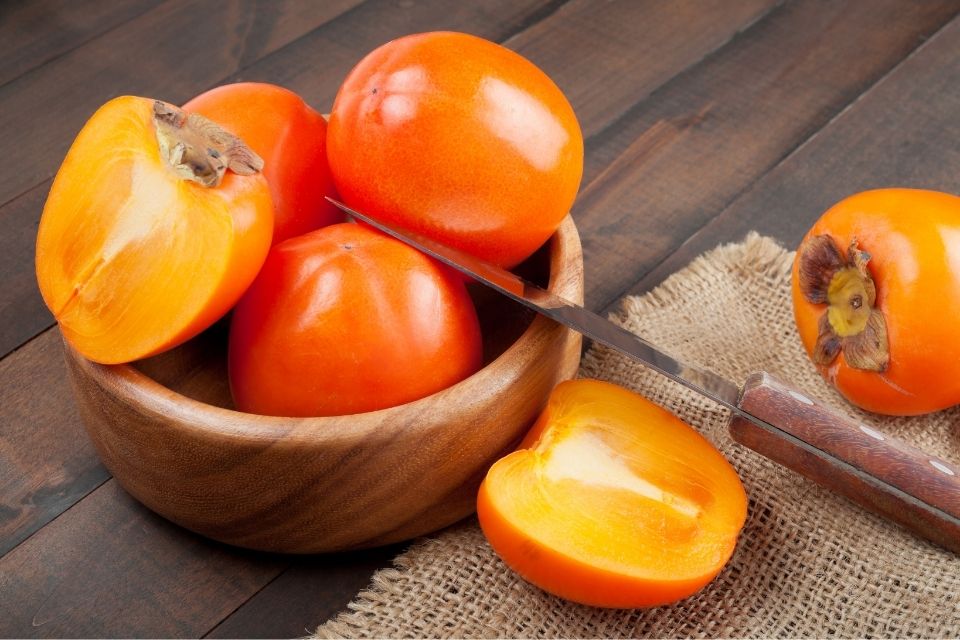
During Xiaohan (Lesser Cold) and Dahan (Greater Cold), when the cold binds everything together, a bowl of piping hot lamb soup is the perfect remedy. Lamb, with its warm nature, can strengthen the kidneys, boost yang, and dispel cold from within, providing the body with ample heat to fend off winter’s chill.
Look how every lunisolar term, every food and custom, serves as a health manual attuned to the natural cycle. Following the wisdom of our ancestors, using food to nourish the body and appropriately welcome seasonal changes, one can maintain robust health and enjoy a joyful life throughout the year.
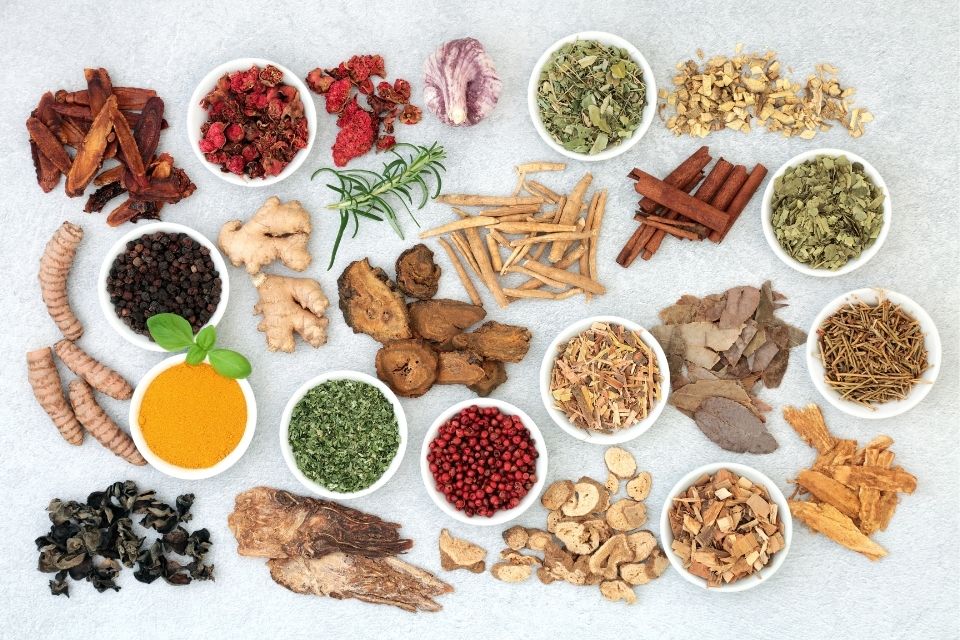
The Chinese 24 Lunisolar Term
- 立春, Lichun, the Beginning of Spring (1st lunisolar term) Feb. 3, 4, or 5
- 雨水, Yushui, Rain Water (2nd lunisolar term)Feb. 18, 19, or 20 惊蛰, Jingzhe, the Waking of Insects (3rd lunisolar term) Mar. 5, 6, or 7
- 春分, Chunfen, the Spring Equinox (4th lunisolar term) Mar. 20, 21, or 22
- 清明, Qingming, Pure Brightness (5th lunisolar term) Apr. 4, 5, or 6
- 谷雨, Guyu, Grain Rain (6th lunisolar term) Apr. 19, 20, or 21
- 立夏, Lixia, the Beginning of Summer (7th lunisolar term) May 5, 6, or 7
- 小满, Xiaoman, Lesser Fullness of Grain (8th lunisolar term) May 20, 21, or 22
- 芒种, Mangzhong, Grain in Beard (9th lunisolar term) Jun. 5, 6, or 7
- 夏至, Xiazhi, the Summer Solstice (10th lunisolar term) Jun. 21 or 22
- 小暑, Xiaoshu, Lesser Heat (11th lunisolar term) Jul. 6, 7, or 8
- 大暑, Dashu, Greater Heat (12th lunisolar term) Jul. 22, 23, or 24
- 立秋, Liqiu, the Beginning of Autumn (13th lunisolar term) Aug. 7, 8, or 9
- 处暑, Chushu, the End of Heat (14th lunisolar term) Aug. 22, 23, or 24
- 白露, Bailu, White Dew (15th lunisolar term) Sep. 7, 8, or 9
- 秋分, Chunfen, the Autumn Equinox (16th lunisolar term) Sep. 22, 23, or 24
- 寒露, Hanlu, Cold Dew (17th lunisolar term)Oct. 8 or 9
- 霜降, Shuangjiang, Frost's Descent (18th lunisolar term) Oct. 23 or 24
- 立冬, Lidong, the Beginning of Winter (19th lunisolar term) Nov. 7 or 8
- 小雪, Xiaoxue, Lesser Snow (20th lunisolar term) Nov. 22 or 23
- 大雪, Daxue, Greater Snow (21st lunisolar term) Dec. 6, 7, or 8
- 冬至, Dongzhi, the Winter Solstice (22nd lunisolar term) Dec. 21, 22, or 23
- 小寒, Xiaohan, Lesser Cold (23rd lunisolar term) Jan. 5, 6, or 7
- 大寒, Dahan, Greater Cold (24th lunisolar term) Jan. 20 or 21